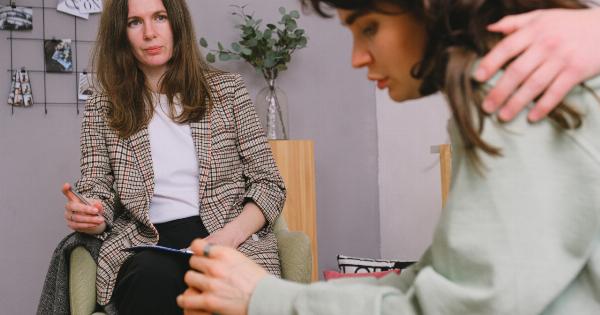Waking up at night, tossing and turning, and struggling to fall back asleep can be distressing and disruptive for individuals. Here are five reasons why you might be waking up at night and what you can do about it.
Reason 1: Stress and Anxiety
Stress and anxiety are among the most prevalent reasons why people wake up at night. When you are stressed or anxious, your brain releases hormones that activate your nervous system, making it difficult to fall and stay asleep.
You might wake up feeling irritable, restless, and tired.
To cope with stress and anxiety, you can try relaxation techniques like deep breathing, yoga, or meditation. These practices help to calm your mind and relax your body, reducing stress and promoting better sleep quality.
Additionally, establishing a regular bedtime routine, avoiding caffeine and alcohol before bed, and limiting your exposure to electronic devices in the evening can help reduce stress and anxiety and improve your sleep quality.
Reason 2: Medical Conditions
If you have an underlying medical condition like chronic pain, acid reflux, asthma, or allergies, you might wake up frequently at night. These conditions interfere with your sleep patterns, causing you to wake up feeling uncomfortable and restless.
To address medical conditions that interfere with sleep, consult your physician or health care provider.
Depending on your condition, they might recommend medical treatments, lifestyle changes, or adjustments to your sleep environment to help you fall asleep and stay asleep.
Reason 3: Poor Sleep Environment
Your sleep environment can have a significant impact on your sleep quality. A noisy or bright environment can make it challenging to fall and stay asleep, causing you to wake up at night.
In addition, an uncomfortable mattress, pillows, or blankets can cause discomfort and disrupt your sleep patterns.
To improve your sleep environment, consider investing in comfortable pillows and bedding, soundproof curtains, or earplugs to reduce noise and light disturbances.
You can also try adjusting the temperature in your bedroom to a comfortable level and keeping your bedroom as dark as possible to promote better sleep.
Reason 4: Snoring and Sleep Apnea
Sleep apnea occurs when the upper airways repeatedly collapse during sleep, causing breathing disruptions and preventing restful sleep. Individuals with sleep apnea may snore loudly, gasp for air, or wake up feeling tired and groggy.
Snoring can also occur due to nasal congestion or other respiratory issues, causing disruptions in sleep.
If you suspect you have sleep apnea, speak to your doctor, as this condition can significantly impact your health and well-being.
Treatment options for sleep apnea include continuous positive airway pressure (CPAP) machines, oral appliances, and lifestyle interventions like weight loss, smoking cessation, and avoidance of alcohol and sedatives.
Reason 5: Insomnia
Insomnia is a sleep disorder characterized by difficulty falling and staying asleep, leading to daytime exhaustion, irritability, and difficulty concentrating.
Insomnia can be caused by medical conditions, medications, lifestyle factors, and mental health issues like depression or anxiety.
Treatment for insomnia varies based on the underlying cause.
Cognitive-behavioral therapy (CBT) is a type of psychological therapy that has demonstrated effectiveness in treating insomnia, helping individuals identify and change negative thought patterns and behaviors that contribute to sleep difficulties. In addition, your health care provider might recommend medications or other therapeutic interventions to promote better sleep.































